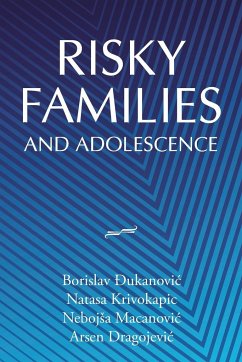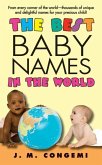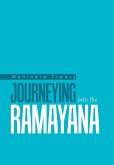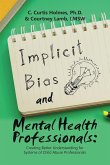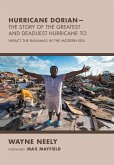In this pioneering study, carried out on the samples of 3828 high school students in two countries of the Western Balkans, the authors describe the most prominent characteristics of at-risk families, based on the statements of adolescent subjects. The authors single out two most important types of the families: those which predominantly use various forms of aggression in order to gain power, dominance and control over the opponent, and those dominated by a lack of emotion, alienation, apathy, stigmatization and rejection of a rival individual or group. It turns out that the emotional consequences of neglect and abuse in the latter type of family are the most numerous and severe. Significant space is here given to the analysis of physical and mental health, behavioral problems of adolescents coming from at-risk families, the frequency and intensity of conflicts between parents and adolescents, methods used in resolving conflicts and success rates of different parenting styles in reducing the frequency and intensity of conflicts.
Hinweis: Dieser Artikel kann nur an eine deutsche Lieferadresse ausgeliefert werden.
Hinweis: Dieser Artikel kann nur an eine deutsche Lieferadresse ausgeliefert werden.

